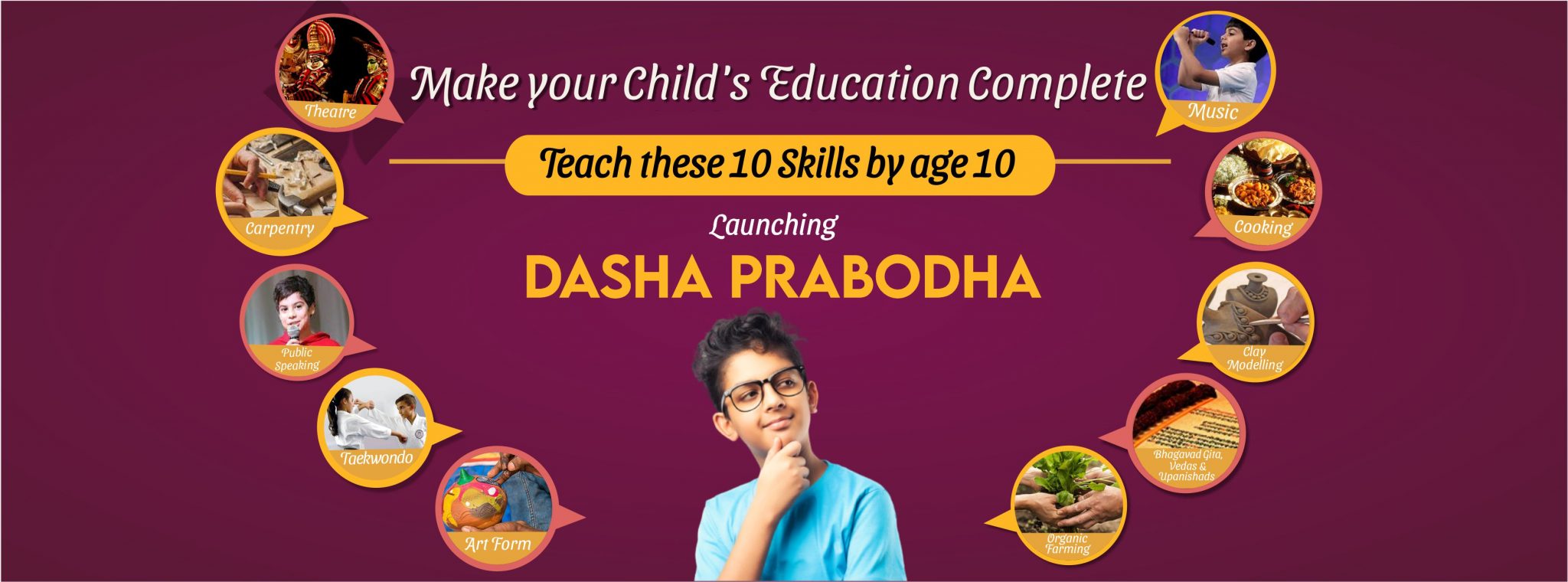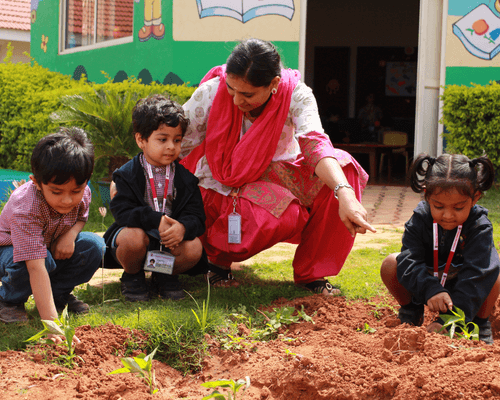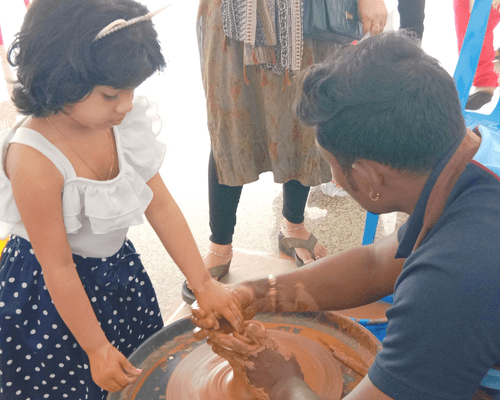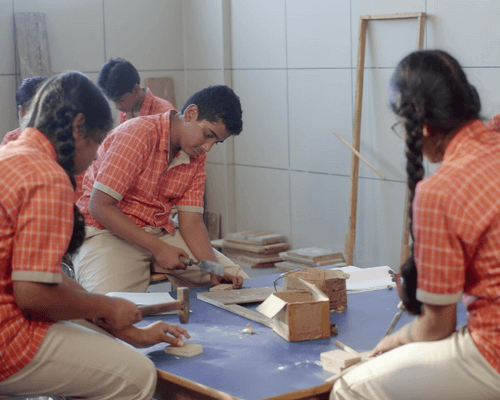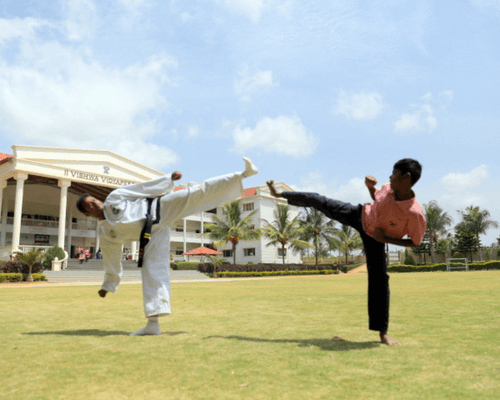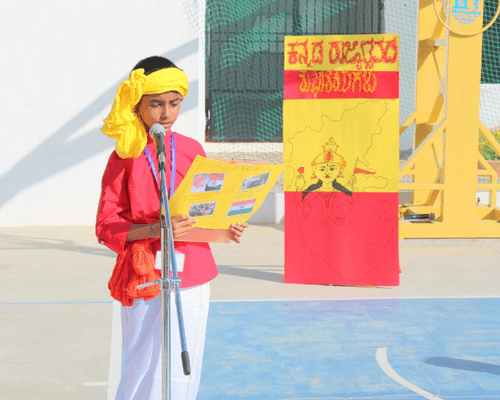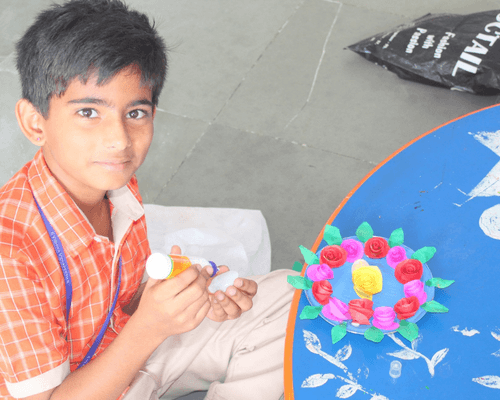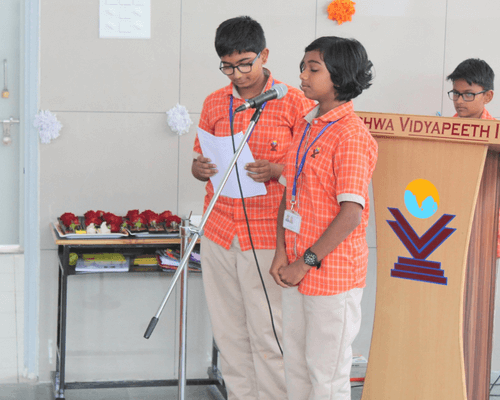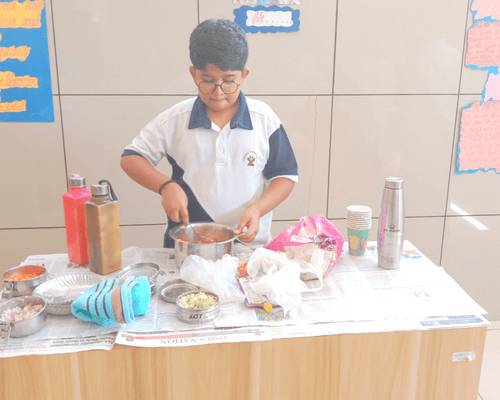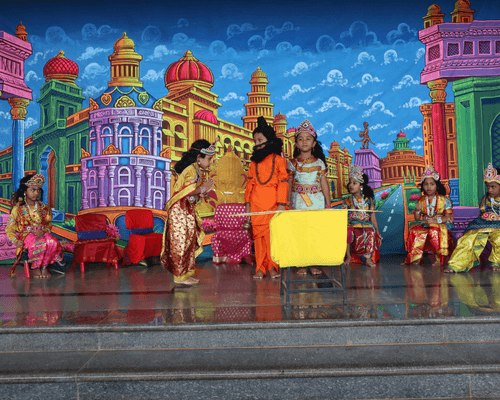At Vishwa Vidyapeeth, we recognize that the gaps between the theory and practical world today is the lack of skills developed in our young generation. Skill development is a tool to empower our children and to safeguard their future by providing them overall development in today’s era of globalization. Education and skills go hand in hand. Helping them to recognize the impact of their actions and teaching them to take up accountability at a young age is the prime motto of incepting “Dasha Prabodha” at Vishwa Vidyapeeth. This step will help children build up their confidence both in spoken skills and for group collaboration and cooperation.
Below are the ten skills that we have added on for our children as part of their regular curriculum at Vishwa Vidyapeeth. The importance of learning each of these skills is briefed below:

